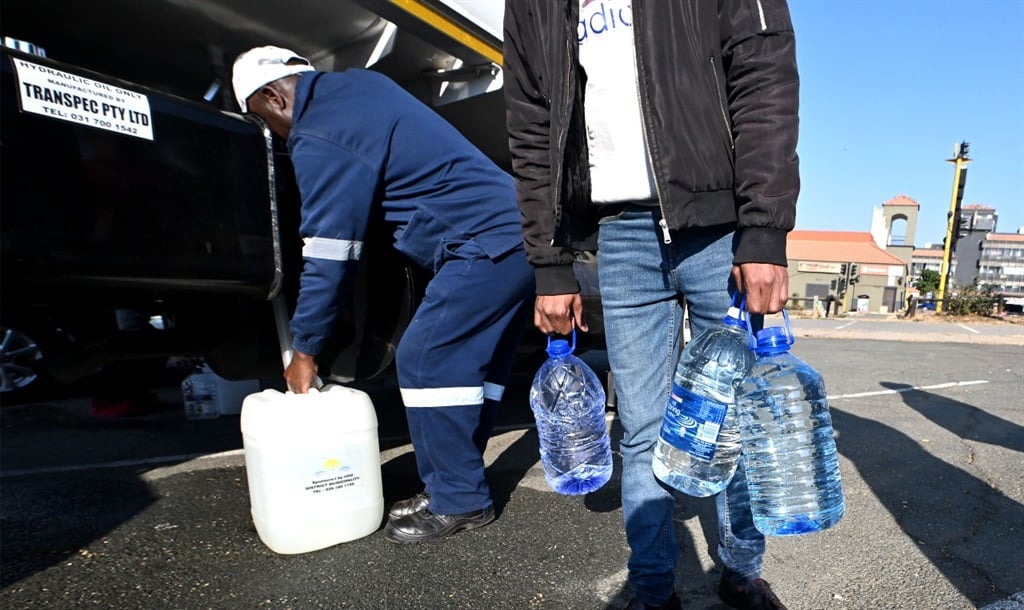Johannesburg’s ongoing water crisis has reached new levels of urgency, prompting both political and academic reactions. Mayor Dada Morero recently visited Rand Water’s Eikenhof pump station, where he promised that water would be restored to affected areas within seven days. This comes after weeks of intermittent or no water supply in certain parts of the city. Morero, who has faced criticism for his perceived lack of presence during the crisis, reassured residents that the situation would be resolved soon.
The Democratic Alliance (DA) has called for the dissolution of Johannesburg Water’s board, holding them accountable for the prolonged issues with water supply. The political party expressed frustration with the lack of effective action, claiming that the current leadership is failing to manage the situation properly. The DA’s call for accountability adds to the growing tension surrounding the city’s water management.
In light of the crisis, Professor from UNISA weighed in, offering an academic perspective on how Johannesburg can address the water challenges. He highlighted the systemic issues such as infrastructure inefficiency, increasing demand, and the ongoing power cuts affecting the city. The professor emphasized that a comprehensive, long-term strategy was necessary to avert further water shortages and avoid a complete system collapse.
Rand Water, a key entity in the city’s water supply, echoed the mayor’s concerns, warning that the pressure on the water system could lead to severe restrictions. They also pointed out the potential for a complete system collapse if immediate measures are not taken. With tensions running high and pressure mounting from both residents and political entities, Johannesburg’s water crisis is now at a critical juncture, requiring swift and decisive action.
